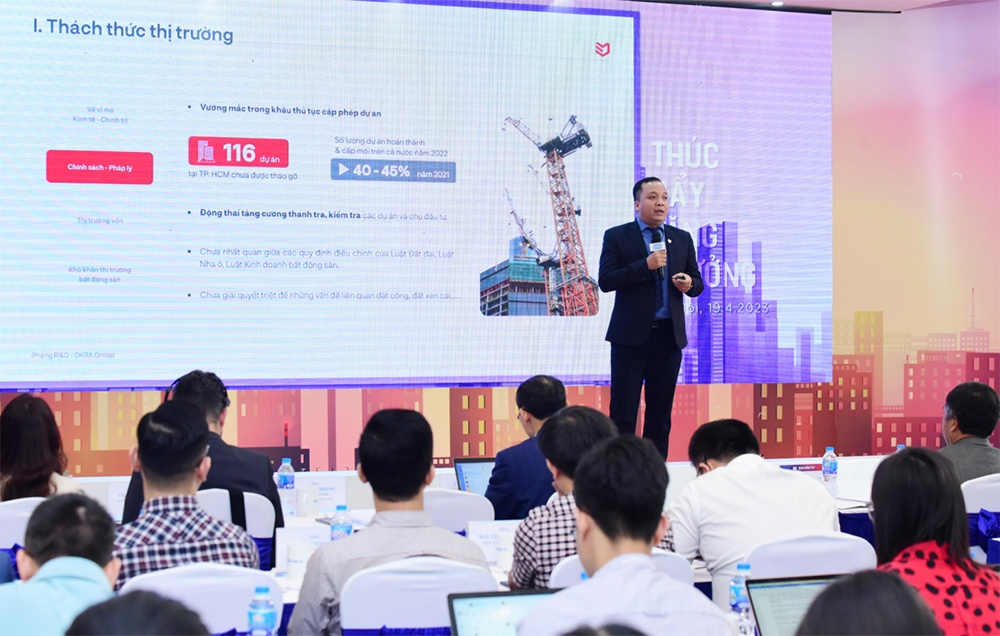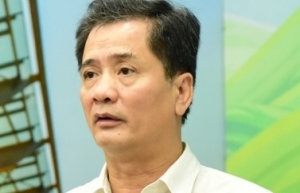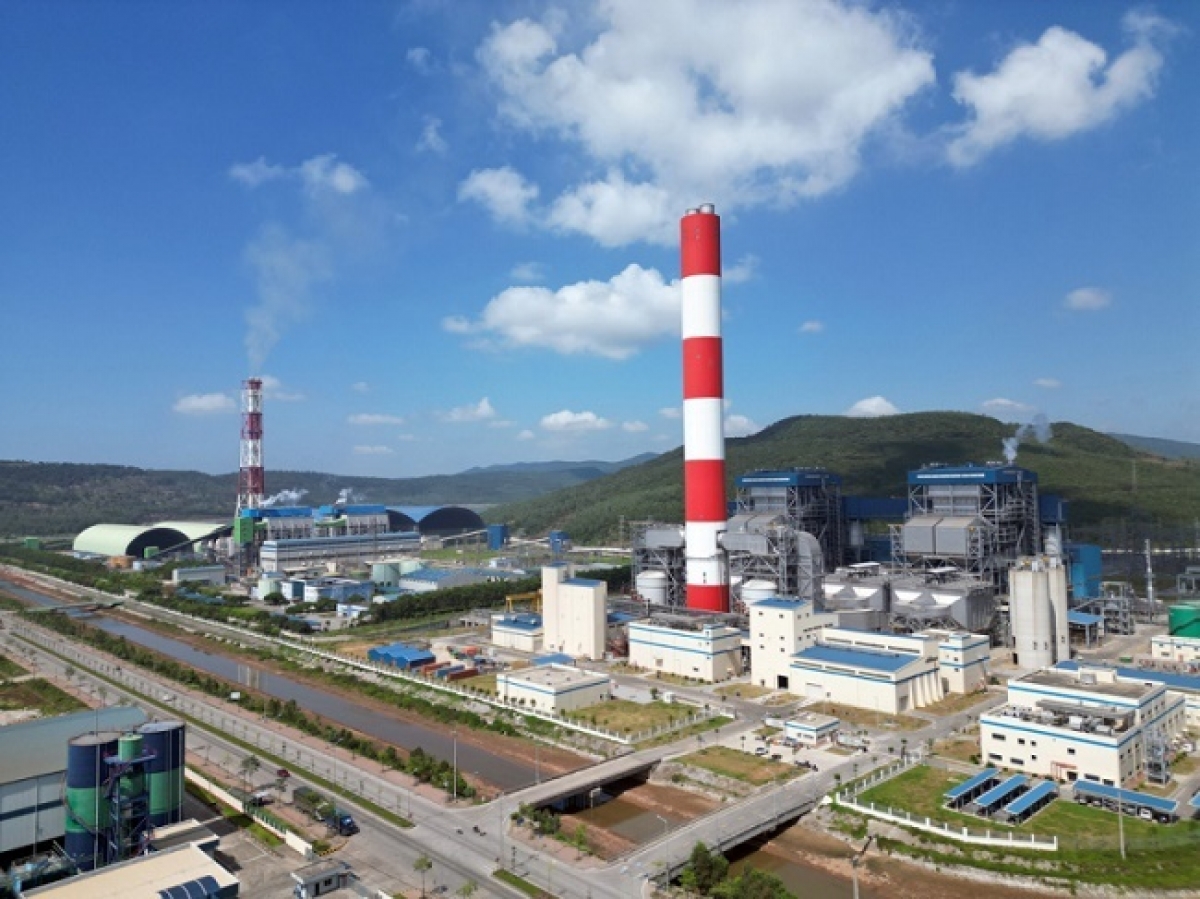INTERNATIONAL INVESTMENT
AND PORTAL
The global geopolitical crisis, prolonged Russia-Ukraine war, strikes, and political instability in Europe are all having negative impacts on the global economy, and in Vietnam.
 Vo Hong Thang-Research and development director DKRA Vietnam
Vo Hong Thang-Research and development director DKRA Vietnam
In addition, the risk of a global economic recession is appearing with the US Federal Reserve continuously raising interest rates, and three US banks declared bankruptcy. Vietnam’s GDP in the first quarter only increased by 3.32 per cent over the same period of last year, the second-lowest level in the period 2011-2023.
Over 115 projects in Ho Chi Minh City are at a standstill due to lack of legal procedures and capital investment. For the whole of 2022, the number of completed and new projects nationwide was at 40-45 per cent compared to 2021.
Many projects and developers are under the biggest ever inspection. The current legal system is not consistent and gaps in and between laws are bringing confusion for investors and developers, as well as delaying projects.
In 2023, about $13.4 billion of bonds matured, with the real estate industry accounting for 38.5 per cent. The credit room granted in 2023 is limited, especially for real estate and, although the lending interest rate tends to decrease, it still fluctuates 11-15 per cent for medium- and long-term loans.
New supply has decreased and is concentrated in the high-end segment, with more than 60 per cent of the total supply to the market. The supply of C-grade apartments is also limited. Market demand declined in both primary and secondary markets, only by 20-30 per cent over the same period last year in most segments.
The selling price of real estate nationwide dropped sharply, and the discount rate was up 10-25 per cent over the same period of last year. The resort real estate nationwide was almost frozen, and supply and demand in some segments dropped sharply by over 95 per cent over the same period.
Secondary selling prices fell in most segments, from 10-14 per cent of land plots, from 6-17 per cent of apartments, and from 10 -25 per cent of townhouses and villas.
 Experts are agreed that amendments are needed to ensure harmony in property-related laws, photo Dung Minh
Experts are agreed that amendments are needed to ensure harmony in property-related laws, photo Dung Minh
The psychology of waiting is widespread in the market. Buyers wait for the price to drop further and lack confidence when deciding to buy a house. They also lose confidence in some investors due to those who did not comply with their commitments on project progress and legality. Therefore, buyers are hesitating in giving the decision to buy real estate products because interest rates, although reduced, are still high.
It is required to complete amendments to the land and housing laws and promulgate other relevant documents to help cool down lending rates and create conditions for investors to access capital for project development.
In addition, developers must optimise operating costs, streamline the existing personnel apparatus, apply technology to management and sales to cut costs, and actively negotiate with bondholders to extend the maturity of bond lots. They must also prioritise development of strategic projects that have already completed the legal process and to avoid scattered investments.
Buyers, meanwhile, need to be equipped with adequate knowledge about the market and project legality to avoid buying into projects that do not pass enough conditions to be sold to the market. Other recommendations are to consider the leverage ratio of bank loans and have an appropriate and effective plan to repay loans and interest.
Based on a series of policies to remove difficulties that are being implemented, it is forecast that at the end of Q4/2023 or at the latest in Q1/2024, the market will show signs of recovery.
 More action to remove obstacles in real estate market
More action to remove obstacles in real estate market
Solutions to create more favourable conditions for capital inflows were outlined in an insightful roundtable discussion titled Removing bottlenecks and promoting the growth of the real estate market held by VIR on April 19 in Hanoi.
 Real estate market needs credit solutions: experts
Real estate market needs credit solutions: experts
In an effort to address the ongoing challenges faced by the domestic real estate market, an approach encompassing legal, administrative, and financial solutions is urgently required, particularly in the realm of credit.
 Nation’s real estate requiring a greater policy drive
Nation’s real estate requiring a greater policy drive
The second quarter of this year will see new legal documents issued that will alleviate difficulties in Vietnam’s real estate market. Nguyen Van Dinh, deputy chairman of the Vietnam Real Estate Association, spoke with VIR’s Hai Van about the issues involved.
By Vo Hong Thang



















